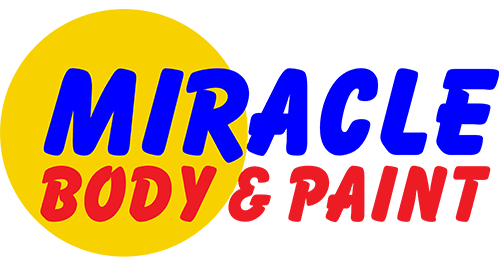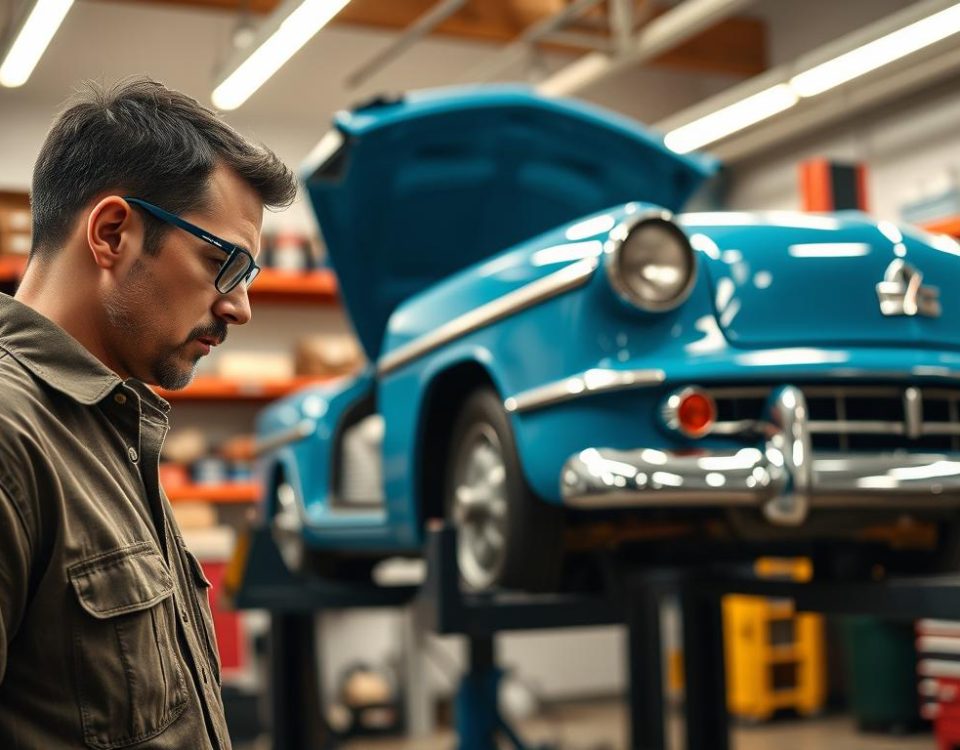
Tips for Finding an Auto Repair Shop in San Antonio

Questions You Should Ask Your Auto Technician
People who don’t want to pay an extra premium for OEM parts can opt for aftermarket parts. These parts are designed for specific makes and models and conform to the manufacturer’s specifications. They are covered by a warranty. The OEM parts are generally more expensive than aftermarket parts. OEMs may result in repair bills that are substantially higher than the car’s pre-accident value. Some OEMs may not be available at all car dealerships. Older vehicles may not have OEMs readily available.
Are aftermarket parts possible to be replaced following an accident?
Although aftermarket parts can be cheaper than the original equipment, they may not be able to replace damaged vehicles. For example, aftermarket parts can be used to repair collision damage in Pennsylvania. These parts don’t replace the original parts, and they won’t restore the vehicle to its pre-damaged condition. Vince Smith, an autobody specialist and owner of Biery’s Port Bodyworks, Catasauqua in Pennsylvania, says aftermarket parts can be compared to cheap imitations of Rolex watches. There are situations when generic parts might be suitable, for example, when insurance is unavailable.
Is the insurance company required to buy new parts?
Your insurance company does not have to purchase new parts for you if you are in an accident. They will only use parts of high quality that restore your vehicle to its original condition. They can use OEM or after-market parts.
It all depends upon your policy. If they are cheaper, sometimes aftermarket parts can be acceptable. You may need OEM parts from your insurance company. However, it is a smart idea to ask your insurance company whether they prefer OEM parts or aftermarket ones.
Ask your insurance company to provide an estimate if you need new parts for your vehicle. Although they will likely only give an estimate based on OEM parts, they might also provide an estimate using aftermarket parts. Some states have laws that regulate the estimation and use of aftermarket parts.
How does the quality of aftermarket parts compare with OEM parts?
While aftermarket parts may save you money, they are not always as reliable as original parts. It is important to evaluate both the reputation and the relationship between the seller, as well as the manufacturer. It is important to ensure that your auto body shop works with OEM parts. If you don’t, your warranty may be voided. It is crucial to obtain multiple quotes in order to avoid these problems.
For a long time, aftermarket parts for autos have been the subject of much controversy. Both auto manufacturers and insurance companies claim that non-OEM parts are unsafe and inferior. Insurance Institute for Highway Safety claims that there is no evidence to suggest that non-OEM parts are any more dangerous than original equipment.
Aftermarket parts may not be as reliable as OEM parts but they can still be a great choice in case of an accident. Aftermarket parts can be cheaper than OEM parts and are compatible with OEM parts. It may be more difficult to find the right parts. OEM parts are more durable, and they come with a warranty.



